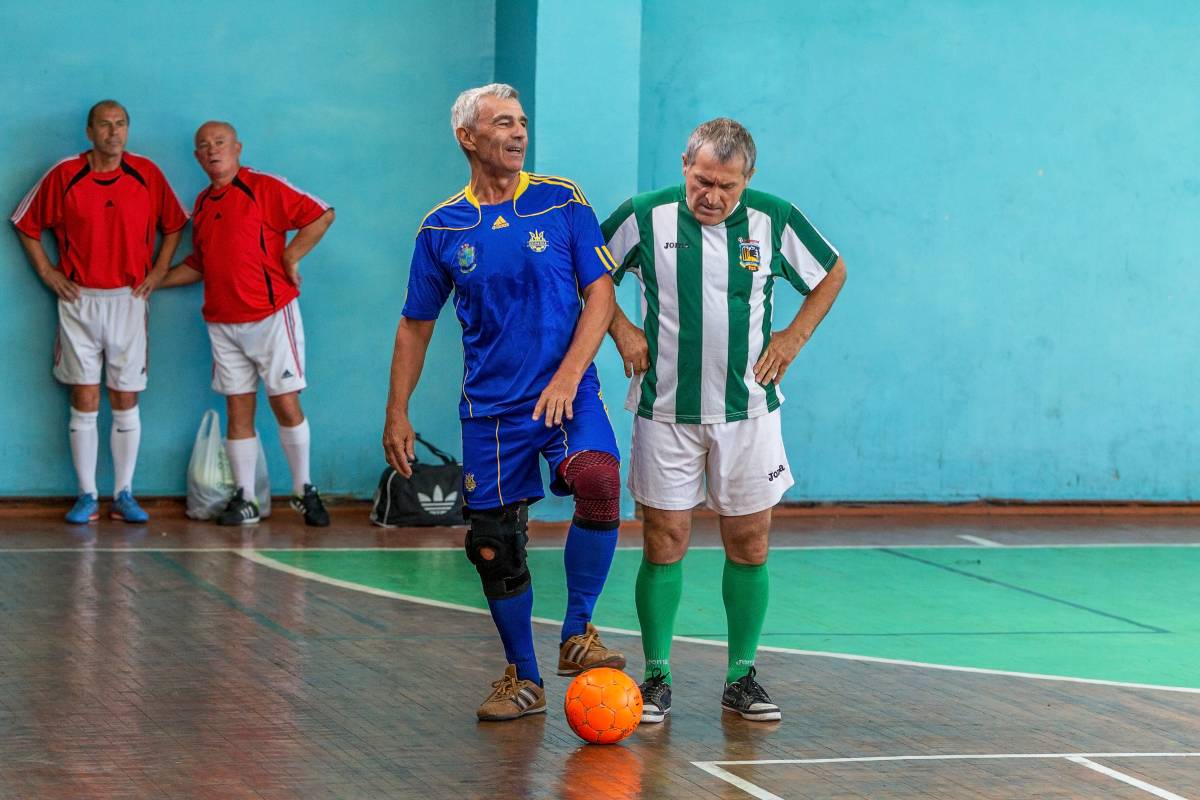Respiratory physio Emma Chaplin found plenty of 'reasons to be cheerful' at BTS winter meeting
In an exclusive article for PhysioUpdate, clinical lead physiotherapist Emma Chaplin reports from the British Thoracic Society’s (BTS) winter meeting, which took place at the QEII Centre in London from 22-24 November. Her report follows:
‘Running up that hill: rehabilitation interventions in chronic respiratory diseases’ was a spoken session on the second morning of the BTS’s winter meeting, which was held from 22-24 November. Pop music aficionados will recognise that the presenter borrowed part of the title from a popular Kate Bush song. This idea was something of a theme for this fascinating series of sessions: other titles included ‘The long and winding road’ and ‘The beat goes on’.
I had a chance to hear about non-mainstream strategies in pulmonary rehabilitation (PR) that could potentially broaden the scope of practice. Two abstracts discussed the models using co-design methodologies. Perhaps we should all be taking a patient and public involvement and engagement approach when designing service developments and research studies.
The first abstract discussed walking football as a way to increase, or maintain, physical activity levels in patients with chronic breathlessness. It illuminated the difficulties of incorporating people with such conditions into existing sports programmes for older adults. We need to promote inclusivity by incorporating devices, facilitating access and allowing time for socialising.
A 'promising intervention'
The second abstract focused on co-designing an alternative PR programme for patients with interstitial lung diseases (ILDs). This involved interviews, stakeholder workshops and co-design meetings with purposively-selected people with an ILD with experience of PR, their carers/family and healthcare practitioners. This was edited into a film that was shown at stakeholder feedback events with service users and practitioners to identify key themes and shortlist key programme components, which were finalised at a further two co-design workshops. The final co-designed model included PR supervised and delivered by video conference, with people grouped according to ability, followed by a video-conference-based maintenance programme.
People inexperienced with, or unable to access, technology should be supported to do the programme, we learned. Key components included a programme delivered in line with national quality standards, safety (including oxygen saturation monitoring), exercise delivered using minimal equipment, access to information about end-of-life care and opportunities to socialise with other people with ILD. The presenter emphasised the role of social connection and ongoing support beyond initial supervised sessions.
This session included a study that looked at the impact of a three-month behavioural tele-coaching (TC) intervention on physical activity and quality of life long-term at 12 months following lung transplantation (LTx). People with LTx received three months of TC or usual care following hospital discharge. TC consisted of a pedometer and smartphone app, allowing transmission of activity data to a platform that provides feedback, activity goals, education, and contact with the researcher as required. At three months, participants retained the pedometer but access to the platform was removed.
As recruitment to this study was challenging due to the cohort of participants, numbers were low. The added complication of the Covid-19 pandemic limited face-to-face contact. Despite this, it was found that implementing a behavioural PA TC intervention led to sustained improvements in daily PA levels and physical aspects of health-related quality of life at 12 months, therefore constituting a promising intervention to optimise long-term recovery and health outcomes in LTx recipients.
First-time speaker
The final abstract of the session was presented by a physiotherapist, who was speaking at a conference for the first time about findings from his PhD study. The National Institute for Health and Care Excellence guideline (NG115) on chronic obstructive pulmonary disease (COPD) recommends airways clearance techniques (ACTs) for people with excessive sputum but there have been no studies comparing different ACTs.
This study looked at a feasibility trial comparing active cycle of breathing technique (ACBT) with oscillatory positive expiratory pressure (OPEP) following exacerbations of COPD. Both groups showed statistically significant and clinically important improvement using the Leicester Cough Questionnaire (LCQ), post-exacerbation (MDCID 1.5–2 LCQ) but there was no significant difference in LCQ scores between OPEP (Aerobika TM ) vs ACBT groups at three months.
This work was well received as there is limited research into the efficacy of physiotherapy techniques. Overall, the sessions sparked some good discussions, a lot of questions and interesting thoughts to take away.
There was also the opportunity to attend talks on the National Respiratory Audit Programme to hear about any updates and how this may affect your service and how the data can be used effectively, with concurrent sessions on audit and quality improvement.
Why joining BTS is so worthwhile
As a BTS member for 10 years, I have had opportunities to attend conferences, present abstracts and be part of the PR specialist advisory group in providing training courses for other professionals. I have also been a representative on advisory groups for the development of the PR accreditation scheme, clinical guidelines and statements.
It has certainly been a worthwhile experience, giving me insights into the wider respiratory field as well as within a specialist area of interest. As well as learning from other specialists and services within the field, I have contributed to the future of respiratory healthcare.
It is also a great opportunity for continuing professional development and I would encourage physiotherapist and other allied health professionals to become involved. For more information about the BTS, click
Emma Chaplin is clinical lead pulmonary and Covid rehabilitation, University Hospitals of Leicester NHS Trust
To read Enya Daynes' PhysioUpdate report from the BTS event, click
Author: Emma ChaplinShare it with















